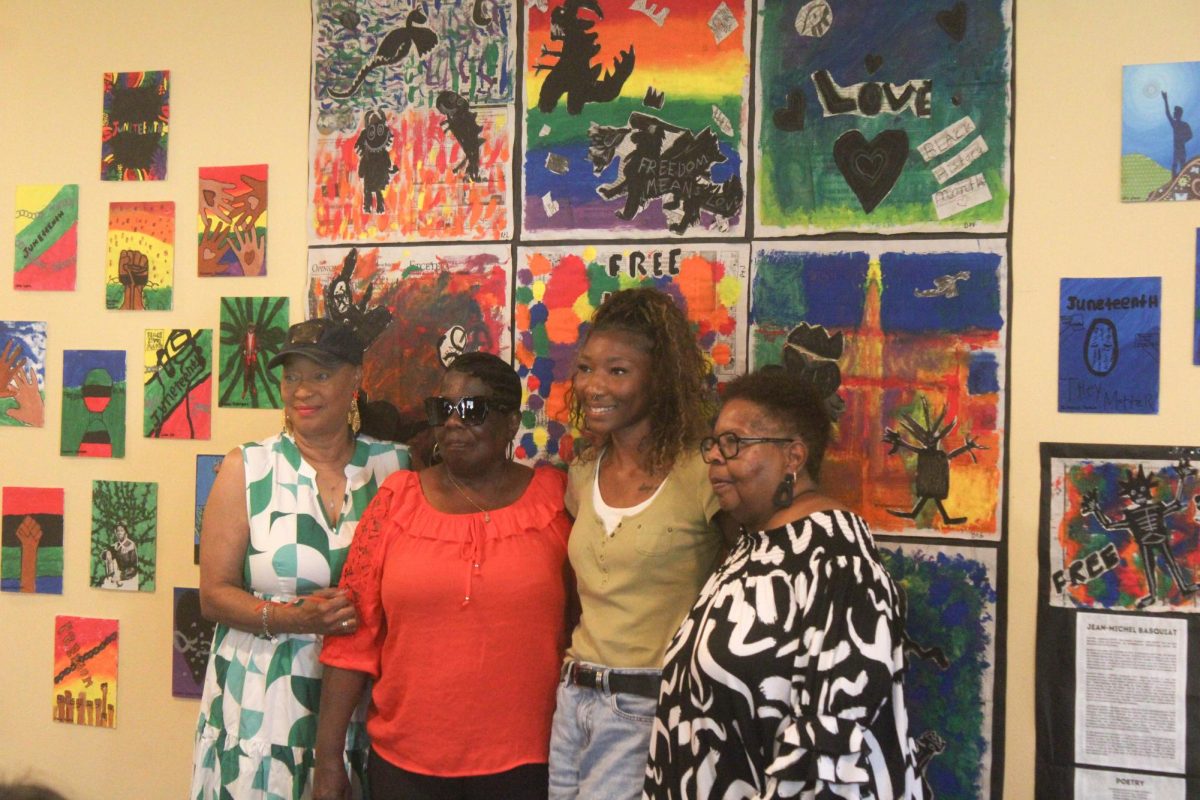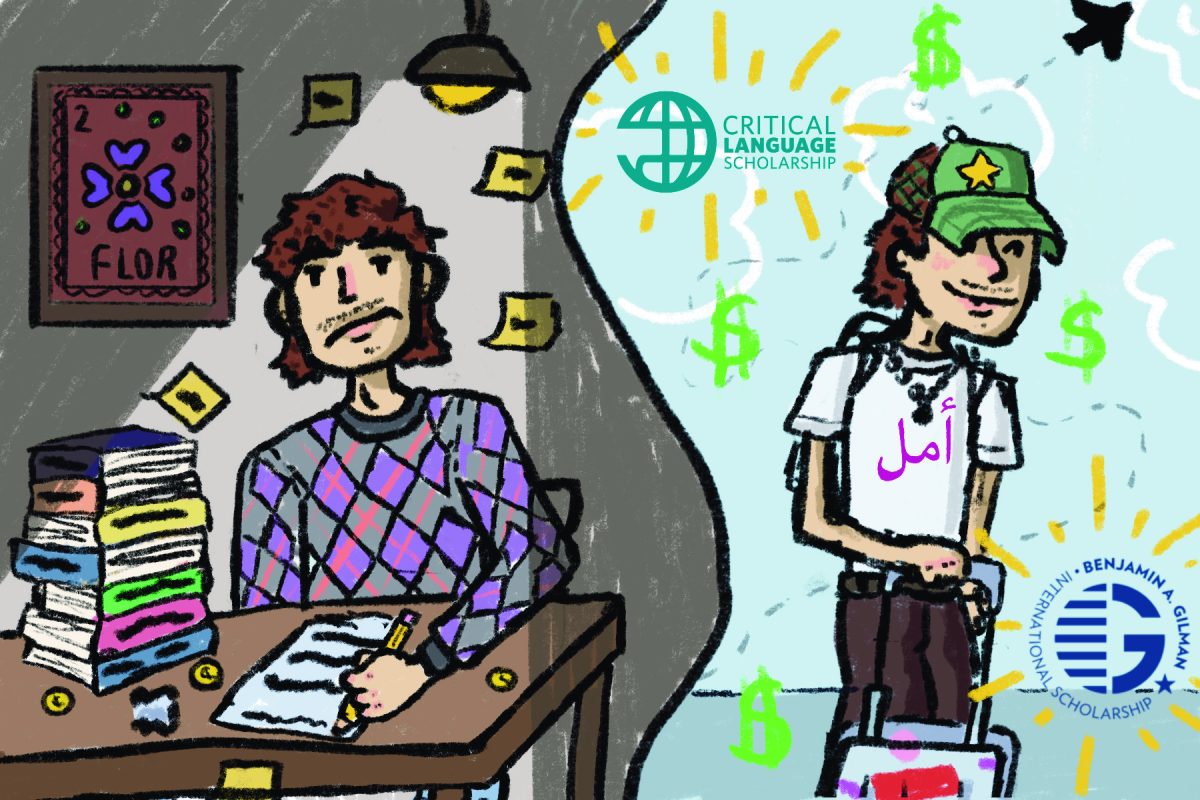Within the digital world, true crime has established itself as one of the most popular forms of content. Podcasts, TikTok channels, Netflix documentaries and YouTube video series are just a few of the online spaces in which one can find an extensive amount of media that dedicates itself to true crime.
Despite its popularity, something is unsettling about this phenomenon, and the overconsumption of true crime could hold significant consequences.
True crime content on social media most often displays itself as a form of narrative; one that uses real, often heartbreaking, stories and twists them into a structure conducive to modern entertainment values. In recent years, the presence of true crime on the internet has only grown.
One year ago, college students everywhere sat in shock and mourned the deaths of four students at the University of Idaho. On TikTok, however, the content surrounding the incident ran rampant.
There were thousands of videos discussing the violent details of the crime, using hashtags with the legal names of the victims, and speculatively placed blame on anybody they could. The nature of these videos, despite garnering an abundance of views and audience engagement, proved to be very distressing to victims’ families and those being wrongfully accused of the crime online.
In the weeks after the incident, with the absence of a police arrest, online speculators and “true crime lovers” began pointing to the surviving roommate as a suspect. On top of mourning the loss of their child, one of the victim’s parents had to make a statement urging social media creators to withhold blaming the surviving roommate, calling for sympathy for the girl who was in an unthinkable situation.
More people on the list of the wrongfully accused were the student’s neighbor and a University of Idaho professor, Rebecca Scofield, who later filed a lawsuit against the creator accusing her.
The wave of true crime videos surrounding the Idaho murders is one instance of many in which true crime content has lost itself to a slippery slope. The harm happens when people center a real event around their own personal theories, ideas and emotions without regard to families, victims and sensitivity surrounding the event.
Another issue surrounding the current obsession with true crime is that it can have harmful effects on those who over-consume it.
According to a survey of listeners of the true crime podcast “Serial,” it was reported that despite being true crime lovers, many listeners had to step away from the genre for a while after experiencing symptoms such as high blood pressure and anxiety.
In another study published by Vivint.com, Gen-Z is the highest consumer of true crime media with an average watch time of 4.6 hours a week; 60% on YouTube and 17% on TikTok.
As college students who are already taking on stressful course loads, extracurriculars and jobs, adding too much true crime to their agenda may have negative effects on anxiety levels.
This is not to say that all true crime is bad. There are many ways in which public engagement with crime can bring more awareness to dangerous situations and bring attention to issues that need justice. However, to prevent true crime content from becoming harmful, experts suggest putting education above obsession, honoring the victims and considering if the media we are consuming is respectful.
-Faith Fabian is an English sophomore
The University Star welcomes Letters to the Editor from its readers. All submissions are reviewed and considered by the Editor-in-Chief and Opinions Editor for publication. Not all letters are guaranteed for publication.































